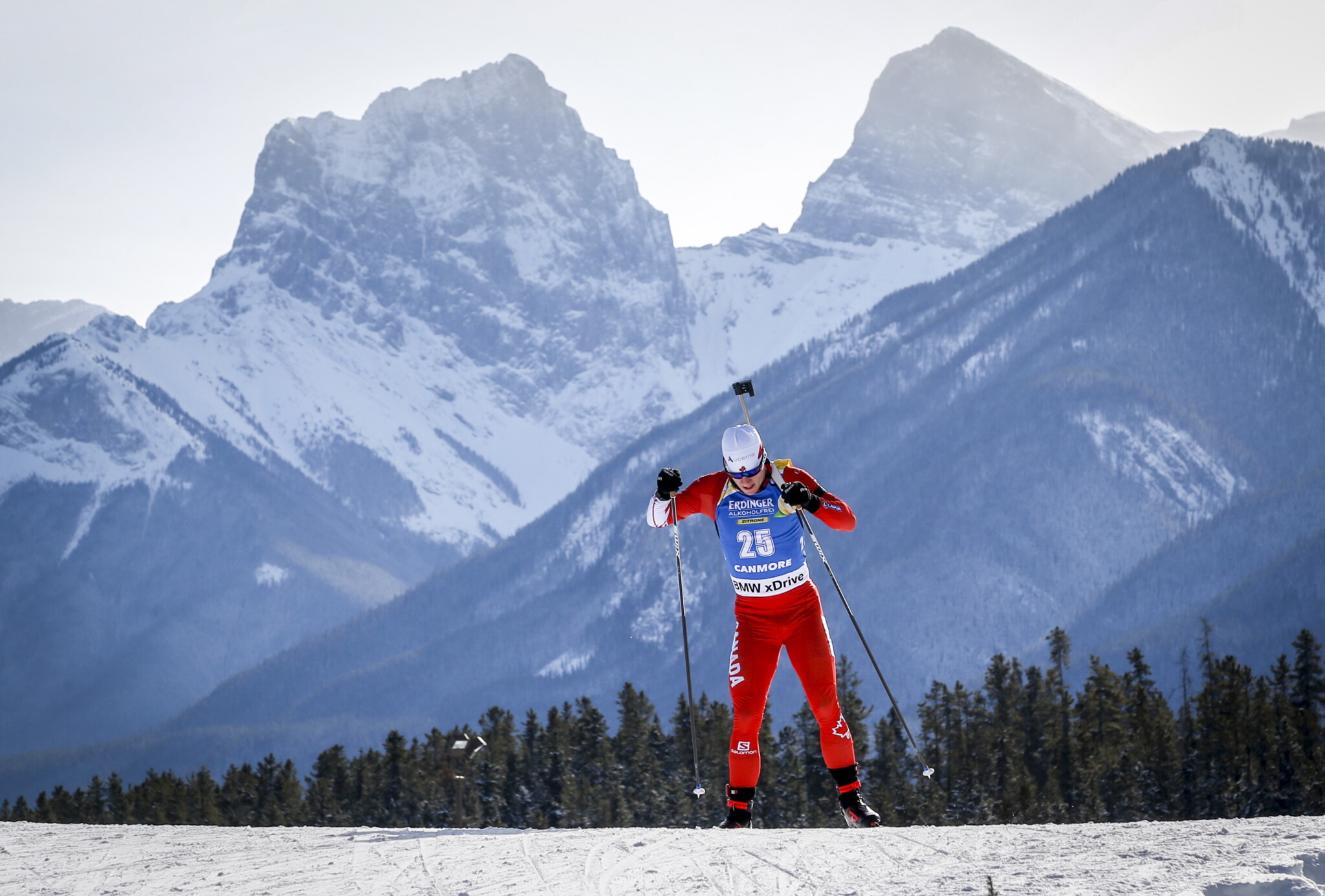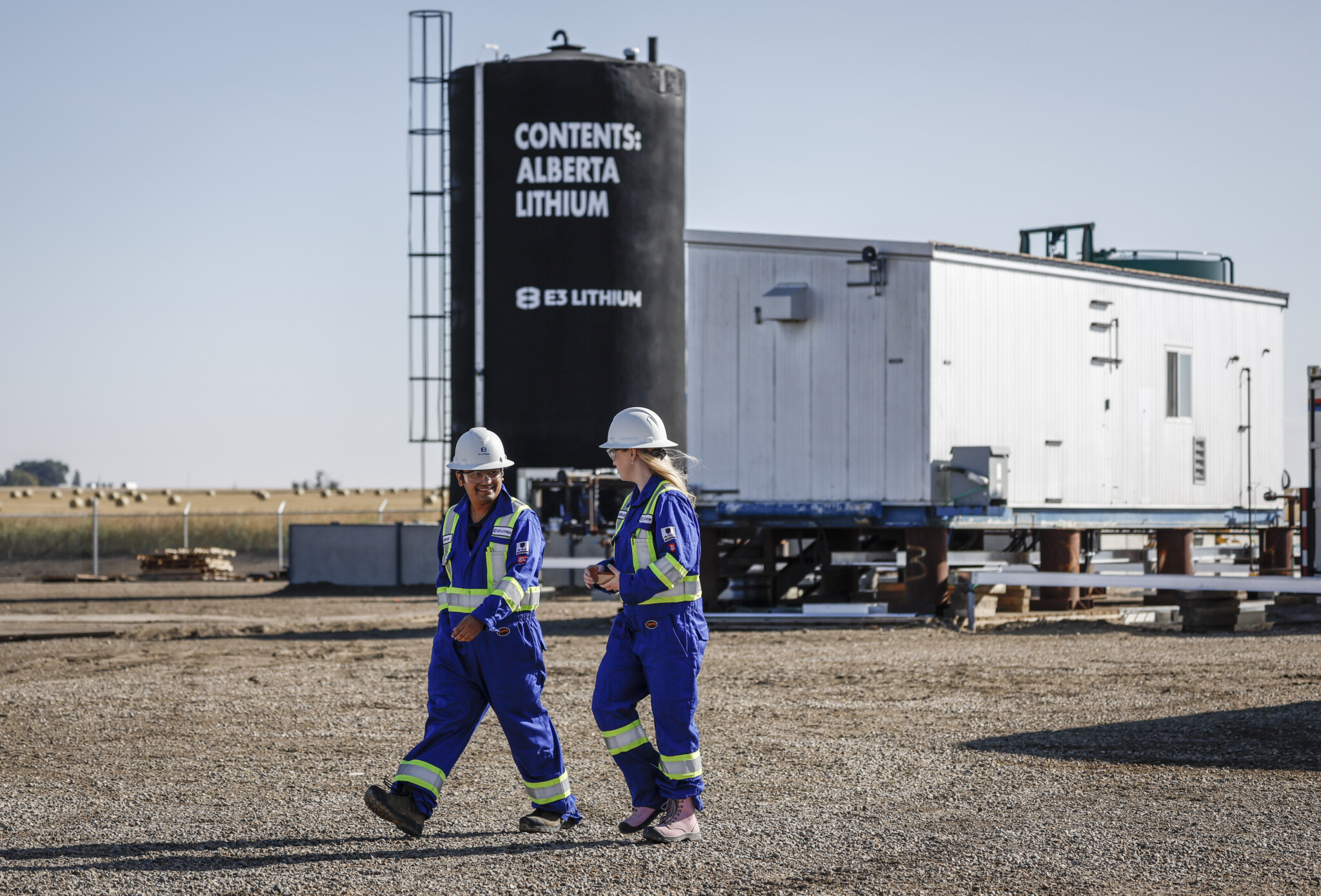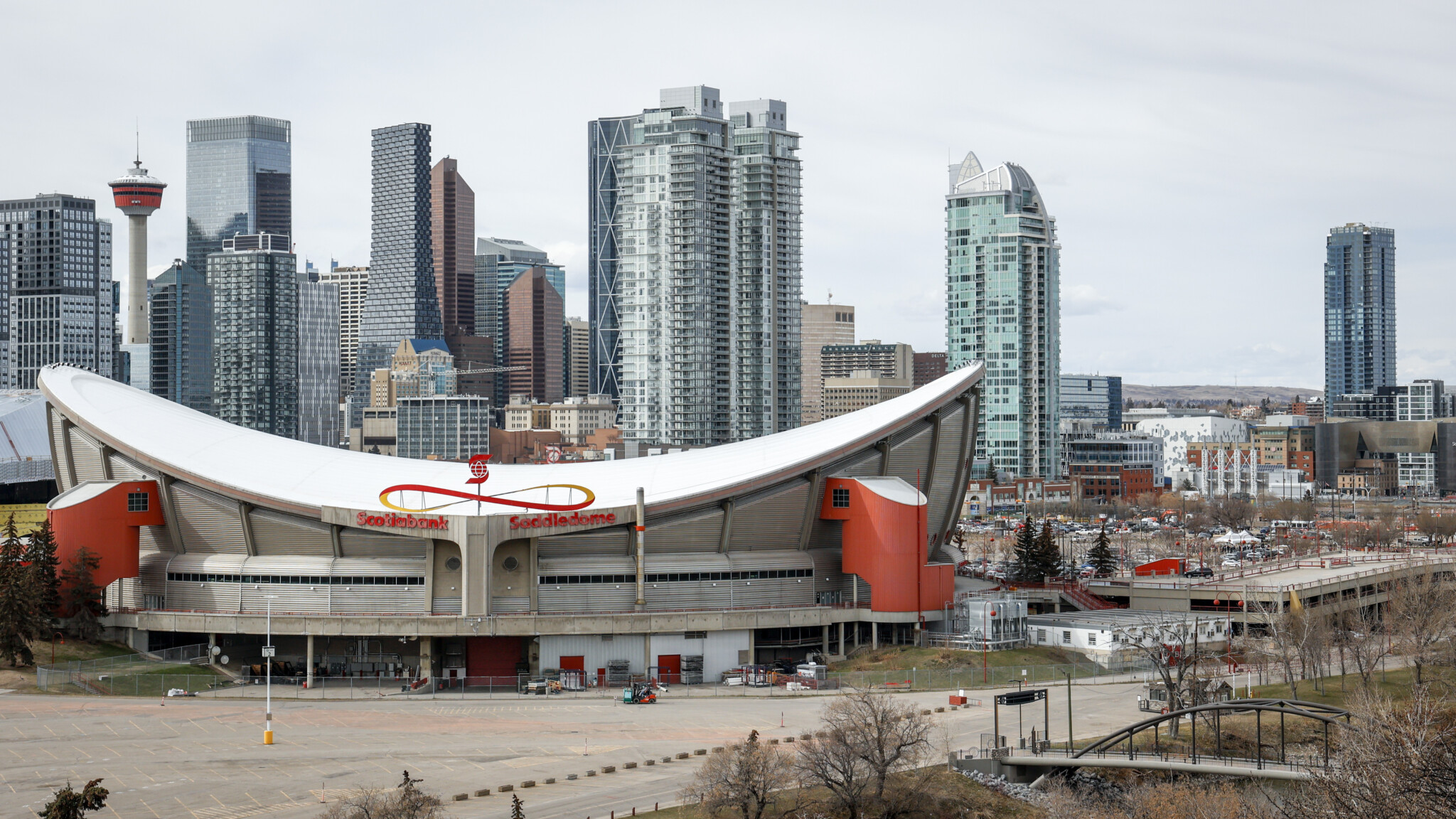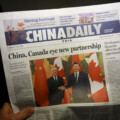Forget the stereotypes for a moment—the trucks, the slogans, the separatist chest-thumping.
What if Alberta’s discontent isn’t driven solely by nostalgia, economic pain, or political ideology? Peel back the layers, and those intense feelings start to look like something else: ambition.
The kind of grand ambition that built cities out of cattle towns, pulled wealth from frozen ground, and now dreams of powering AI data centres and technologies yet to be invented.
It’s a vision for reshaping Alberta’s place in the world. And it starts with a determination to be number one in energy, not just in production, but in ingenuity.
Deborah Yedlin, president and CEO of the Calgary Chamber of Commerce, calls it “Peter Lougheed’s Alberta”—a place where ambition meant building a future for everyone, not just delivering paydays for a few.
Her parents were immigrants. She went to the University of Alberta and saw firsthand how a strong public sector could be funded by private resource wealth.
“[Lougheed] believed in the importance of education, health care, arts—the very foundation of a strong society,” Yedlin tells The Hub. “And also how to insulate Alberta from the vagaries of being a price taker in a global market.”
That need for insulation has led to decades of reinvestment in drilling, fracking, mining, extracting, carbon capturing, seismic imaging, and countless other innovations.
And when Albertans last went through a bust, Yedlin said they turned their attention to diversifying the economy, keeping that pattern of betting on themselves alive.
None of it would’ve been possible without the immense wealth beneath their feet, but also a willingness to dream big and act on it.
Albertans, by and large, understand this story—even those far removed from the oilpatch—because they’ve all felt the sting when prices crash.
“We know the story in Alberta quite well, but outside, we don’t,” Yedlin explained. “We don’t have someone outside the province who says, ‘We can’t fund programs because oil prices fell this much, and that means royalties and taxes fell this much, and that means we have this much less to spend.’”
More than 70 years after Leduc No. 1, Alberta Premier Danielle Smith took a look at the province’s record-breaking output of around four million barrels of oil a day and wishes to double it.
On The Hub’s new Alberta Edge podcast, policy scholar Heather Exner-Pirot tried to picture that future.
“If I could make an AI picture of Calgary and Alberta at eight million barrels [per day], the streets would be paved with gold, and there’d be two chickens in every pot…a couple of steaks too,” she mused.
Exner-Pirot, director of energy, natural resources, and environment with the Macdonald-Laurier Institute, is no stranger to advocating Alberta’s “grand ambition.”
But she’s quick to emphasize that it’s about more than oil.
“There’s pride, there’s entrepreneurship. There’s that dream big and achieve big, and I think people should really be proud of it,” she told Alberta Edge host Ryan Hastman.

Canada’s Scott Gow skis during the World Cup biathlon men’s short 15 km event in Canmore, Alta., Thursday, Feb. 7, 2019. Jeff McIntosh/The Canadian Press.
That dream, however, keeps running into what Exner-Pirot calls an “urban disconnect.”
“We’re a highly urban country and concentrated…in Vancouver, Toronto, Ottawa, Montreal, and I think, at some level, in the last generation, people felt very removed or very divorced from where their energy comes from,” said Exner-Pirot.
“It comes…from the plug in the wall. It comes from the gas station, and if they don’t physically pump gas into their car, they don’t think that they’re using oil and gas. They don’t see it otherwise.”
Yedlin puts it more bluntly.
“Everything you did today took energy. You got out of bed? That was electricity or gas. You traveled? That’s oil. But no one makes the connection.”
The policy friction is real, says Katie Kachur, who arrived from B.C. as a university soccer recruit, fell into an oilsands analyst job, and never left. Her journey has taken her from a clean energy think tank to Canada’s biggest oil and gas industry group in the Canadian Association of Petroleum Producers, then to TC Energy, and now to the Canadian Propane Association.
“From my very first job, working as an oilsands analyst at the Pembina Institute, I was hooked,” she said. “I just thought, there’s something here. There’s something exciting. There’s something that’s never been done before…Fifteen years later, I am more energized by the work I do today in the energy sector than ever before.”
For Kachur, Alberta’s ambition isn’t just regional—it’s national.
“Our grand energy strategy may start or may be underpinned by Alberta, but really it benefits and it carries across the country,” she said. “We really are all in this together. If we succeed, it will be to the benefit of all Canadians and not just Albertans.”
Both Kachur and Yedlin point to the power demands of AI as a wake-up call for why a steady, reliable supply of energy still matters.
“The reality is those data centers need reliable sources of energy,” Yedlin said. “They can’t have intermittent sources of energy, so that’s a natural gas story.”
And yet, a large part of the national conversation continues to frame Alberta’s ambition as a problem.
“It feels like it’s been death by a thousand cuts over the last decade in terms of federal policies that have slowly, intentionally or not, stymied our energy sector,” Kachur said, rattling off a list of legislation of the past decade, including C-69 and C-48.
“They have really chipped away at the sector and have had huge impacts. Investment is not as interested in the Alberta energy sector as it once was. They don’t see us as a reliable place to be able to build. And so that’s it. This death by a thousand cuts by Ottawa has impacted our daily lives out here, right? And that’s where this frustration comes from.”
When it comes to fighting back, all three women agree: industry, government, and Albertans at large haven’t always been convincing with their messaging.
“We do a really poor job of telling our own story in the energy space,” said Kachur.
“If we’re talking about building a pipeline through Quebec, we should probably know how to speak French and have the application in French, right?” Kachur added.
“There are things that we have done in the past that I don’t think have met the values of Canadians outside of Alberta, and that hasn’t done us any favours,” she said.
Yedlin says that the problem extends to the national stage, where Alberta has lacked a compelling champion to tell its story and advance its interests.
“It’s all about connecting a story to the person on the ground and helping them understand why it’s important,” said Yedlin.

E3 Lithium employees walk through the company’s lithium pilot plant near Olds, Alta., Thursday, Sept. 7, 2023. Jeff McIntosh/The Canadian Press.
“For all the engineers to say, ‘Well, you know, it generates this amount of money,’ and that whole sort of technical jargon that people sort of fall into? It doesn’t really resonate with people who are not engineers and don’t live in the province. You can’t answer questions with equations.”
Absent a clear narrative about what Alberta’s energy ambitions could offer the country, the dominant conversation becomes one of process. And there, Kachur says, Canada’s regulatory environment becomes the main focus.
“I feel like our whole system in Canada is actually built to say no,” Kachur said. “I’d like to see…how do we build a system of yes?”
That quiet resistance—in the form of slow approvals, mixed signals, and policy hurdles—wears down Alberta’s confidence. It fuels the sense that the province isn’t just being ignored, but actively held in check.
And that’s not just a provincial grievance, says Exner-Pirot. It’s a national loss.
“We have the ideas. We have the ambition. We have the resources,” she said. “We want to do things.”
By standing in the way, she warns, the rest of Canada is “stopping us from doing things that help you.”
That “you,” she’s talking to, is the country.
You can listen to the first episode of Alberta Edge on The Hub and wherever you get your podcasts.










